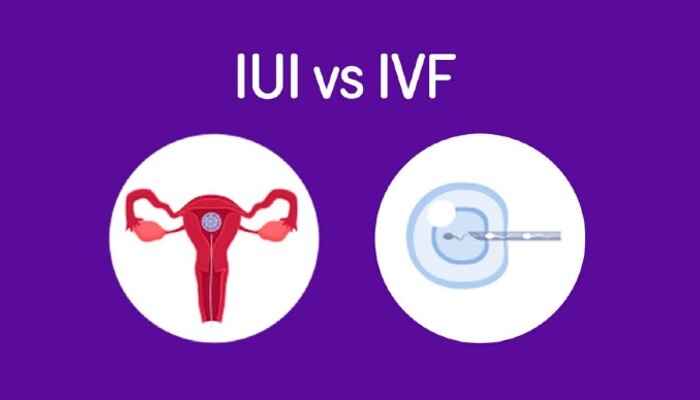Understanding Urinary Tract Infections (UTIs): Causes, Symptoms, and Treatment
Urinary Tract Infections (UTIs) are common infections that can affect any part of the urinary system, including the kidneys, bladder, ureters, and urethra. These infections can cause discomfort and, if left untreated, can lead to more serious health complications. Understanding the causes, symptoms, and treatment options is crucial for managing and preventing UTIs.

What is a Urinary Tract Infection (UTI)?
A UTI occurs when bacteria, typically from the digestive tract, enter the urinary system and multiply. While UTIs can affect anyone, they are more prevalent in women due to their shorter urethra, which allows bacteria to reach the bladder more easily.
Causes of UTIs
The primary cause of UTIs is the presence of bacteria in the urinary tract. The most common bacteria responsible for UTIs is Escherichia coli (E. coli), which normally lives in the intestines. Other potential causes include:
- Sexual Activity: Increases the risk of bacteria entering the urinary tract.
- Poor Hygiene: Inadequate cleaning of the genital area can lead to bacterial growth.
- Blockages in the Urinary Tract: Conditions such as kidney stones or an enlarged prostate can obstruct urine flow, increasing the risk of infection.
- Catheter Use: Using a catheter to empty the bladder can introduce bacteria into the urinary tract.
- Weakened Immune System: A compromised immune system can make it harder for the body to fight off infections.
Symptoms of UTIs
The symptoms of a UTI can vary depending on which part of the urinary tract is affected. Common symptoms include:
- Bladder Infection (Cystitis):
- Frequent, painful urination
- A strong, persistent urge to urinate
- Cloudy or strong-smelling urine
- Lower abdominal pain or discomfort
- Urethra Infection (Urethritis):
- Burning sensation during urination
- Discharge from the urethra
- Kidney Infection (Pyelonephritis):
- High fever and chills
- Nausea and vomiting
- Pain in the upper back and sides
- Frequent, painful urination
Diagnosis of UTIs
Diagnosing a UTI typically involves a few steps:
- Medical History and Physical Examination: Discussing symptoms and medical history with a healthcare provider.
- Urine Sample: Testing a urine sample for the presence of bacteria, white blood cells, or red blood cells.
- Imaging Tests: In some cases, an ultrasound, CT scan, or MRI may be needed to detect abnormalities in the urinary tract.
- Cystoscopy: A procedure where a thin tube with a camera is inserted into the bladder to look for signs of infection or other issues.
Treatment of UTIs
The primary treatment for UTIs is antibiotics, which help eliminate the bacterial infection. The type of antibiotic and duration of treatment depend on the severity and location of the infection. Commonly prescribed antibiotics include:
- Trimethoprim/sulfamethoxazole
- Nitrofurantoin
- Fosfomycin
- Ciprofloxacin or levofloxacin (for complicated cases)
In addition to antibiotics, managing symptoms and preventing future UTIs involve:
- Pain Relief: Over-the-counter pain relievers like ibuprofen or acetaminophen can help alleviate discomfort.
- Hydration: Drinking plenty of water helps flush bacteria from the urinary tract.
- Preventive Measures: Practicing good hygiene, urinating after sexual activity, and avoiding irritants like caffeine and alcohol can reduce the risk of UTIs.
Consult Orchidz Health for the Best UTI Treatment in Bangalore
For those experiencing symptoms of a UTI, seeking prompt and effective treatment is essential. Orchidz Health in Bangalore offers comprehensive care and expert treatment for UTIs, ensuring quick relief and preventing complications.
Why Choose Orchidz Health?
- Experienced Healthcare Professionals: A team of skilled doctors and medical staff specializing in the diagnosis and treatment of UTIs.
- Advanced Diagnostic Tools: State-of-the-art diagnostic equipment to accurately identify and treat UTIs.
- Personalized Care: Tailored treatment plans to meet the specific needs and health conditions of each patient.
- Comprehensive Services: A range of services including diagnostics, treatment, and preventive care to ensure overall urinary health.
Conclusion
Urinary Tract Infections are a common but manageable condition. Understanding the causes, symptoms, and treatment options is crucial for effective management and prevention. If you suspect you have a UTI, consulting a healthcare provider is essential for prompt and effective treatment. For the best care in Bangalore, Orchidz Health offers expert diagnosis and treatment to help you achieve optimal urinary health.
Contact Orchidz Health today for comprehensive UTI care and treatment.

































